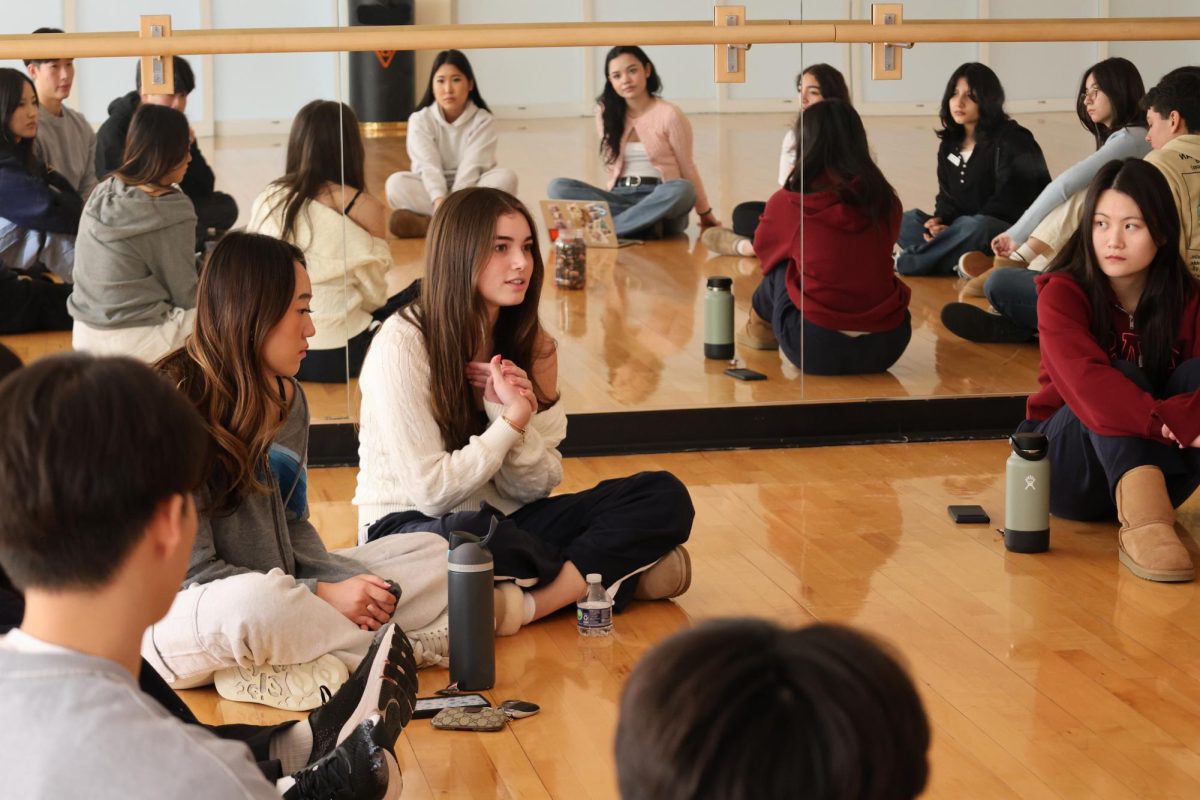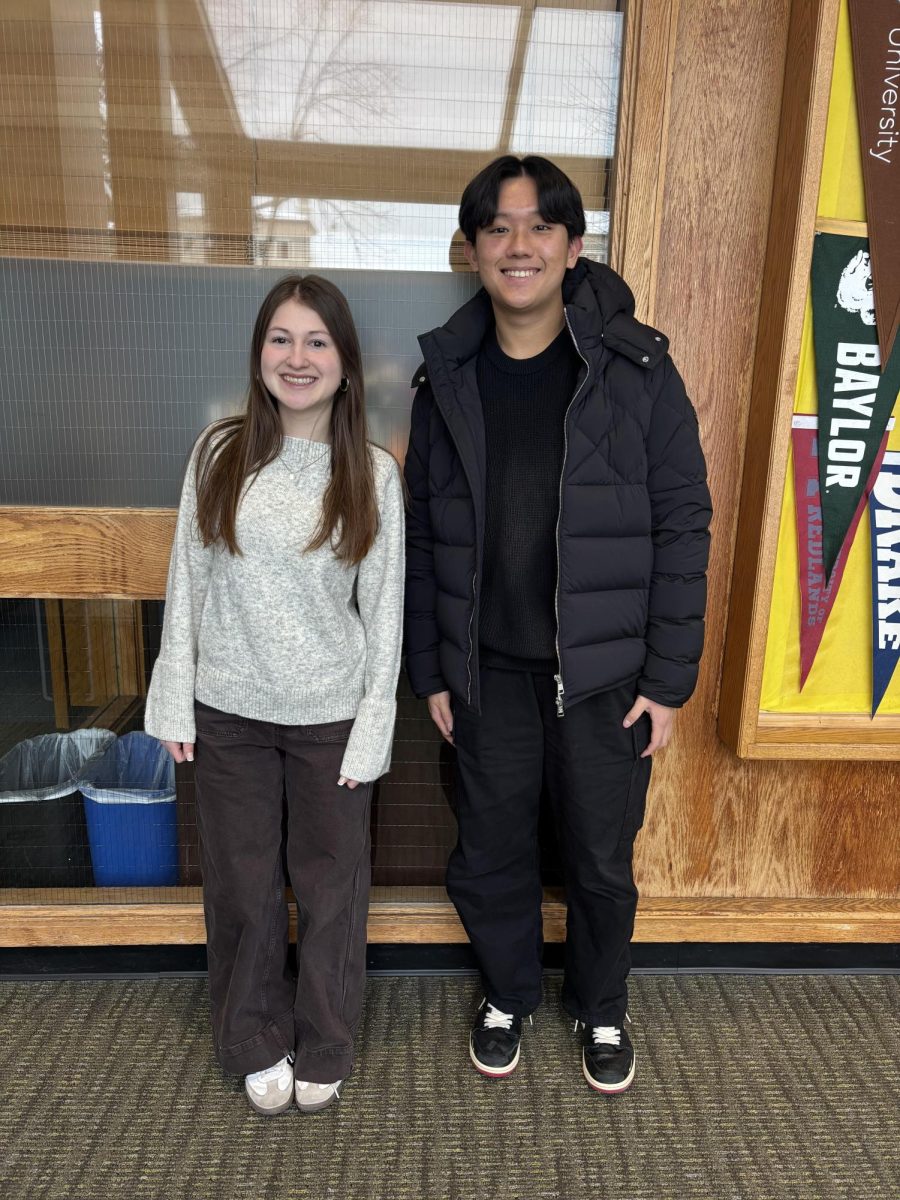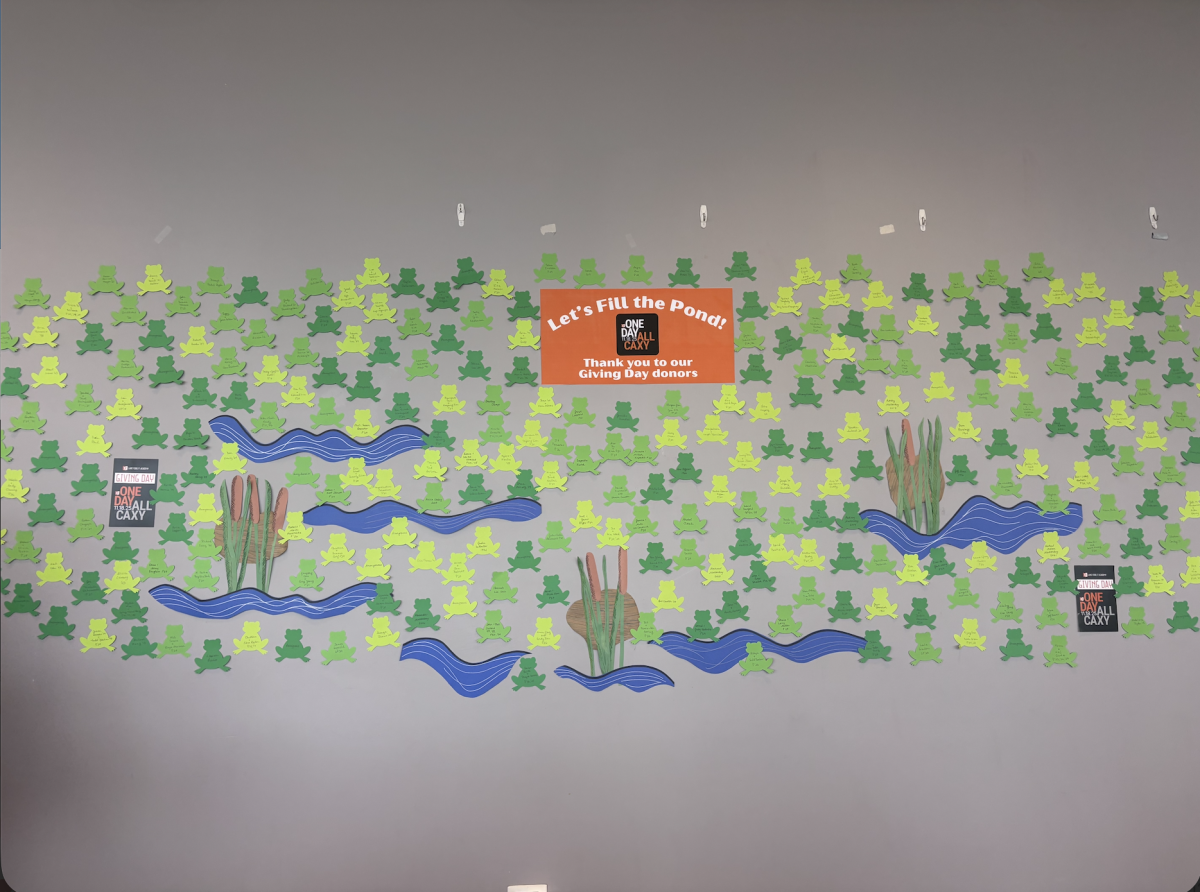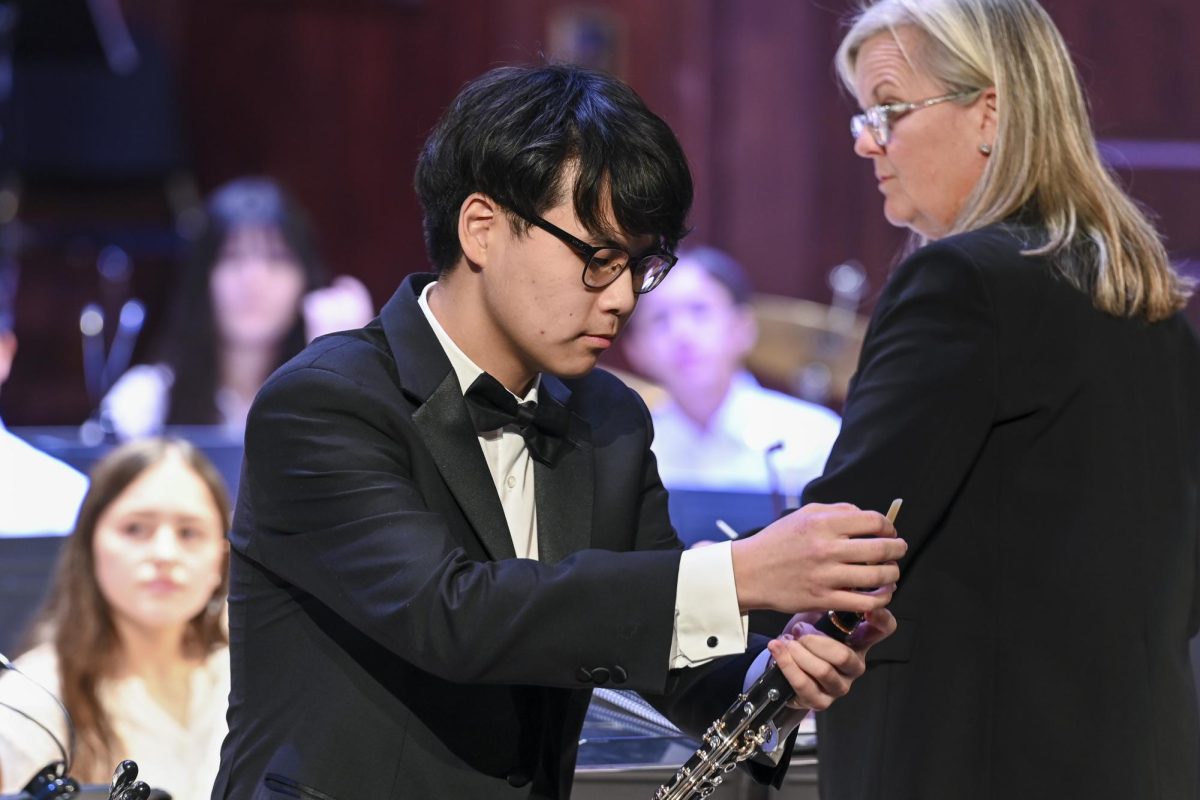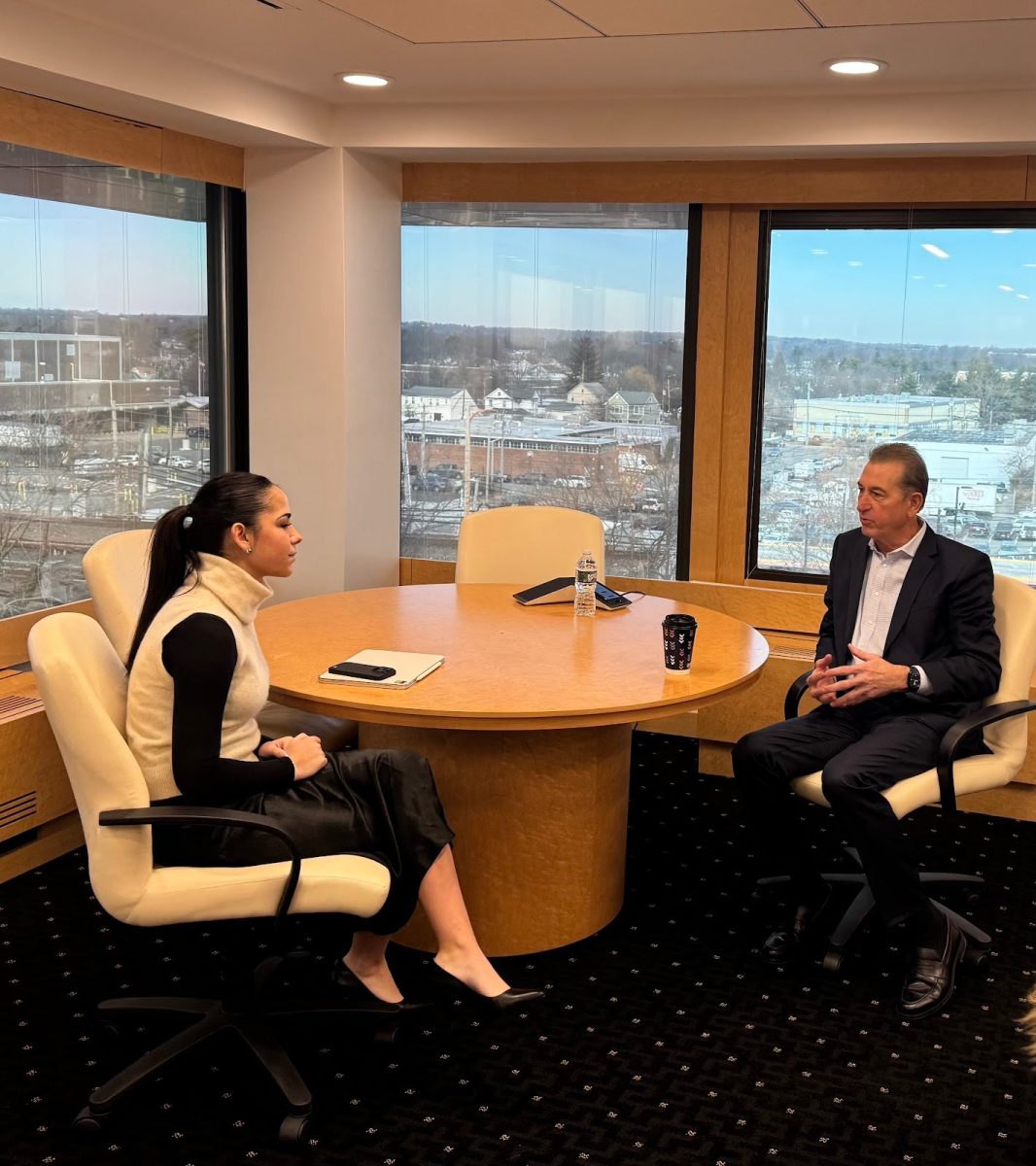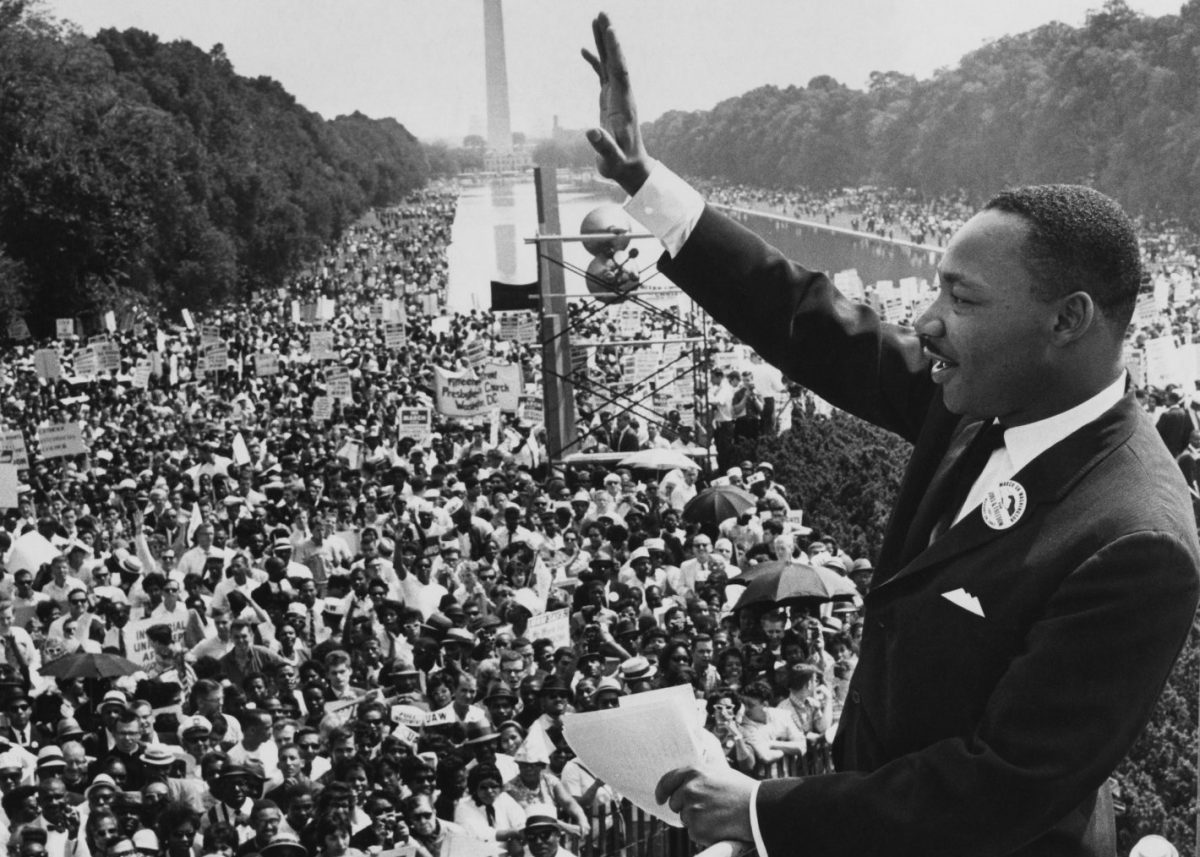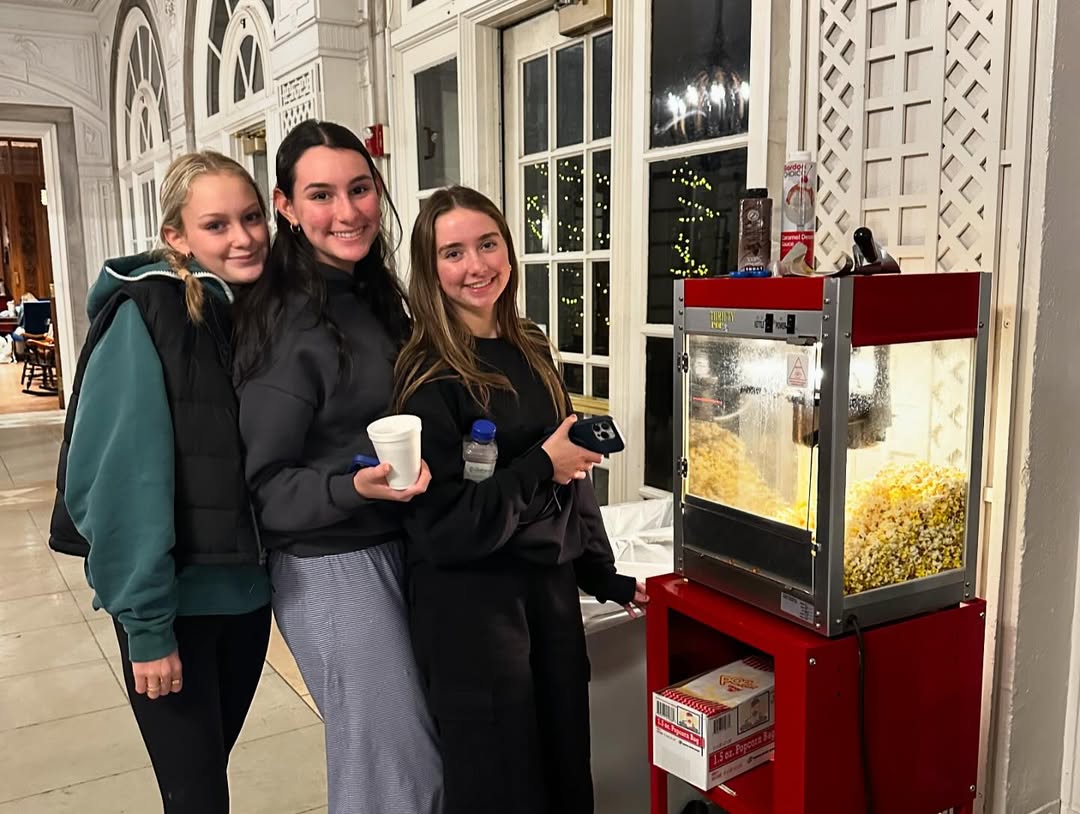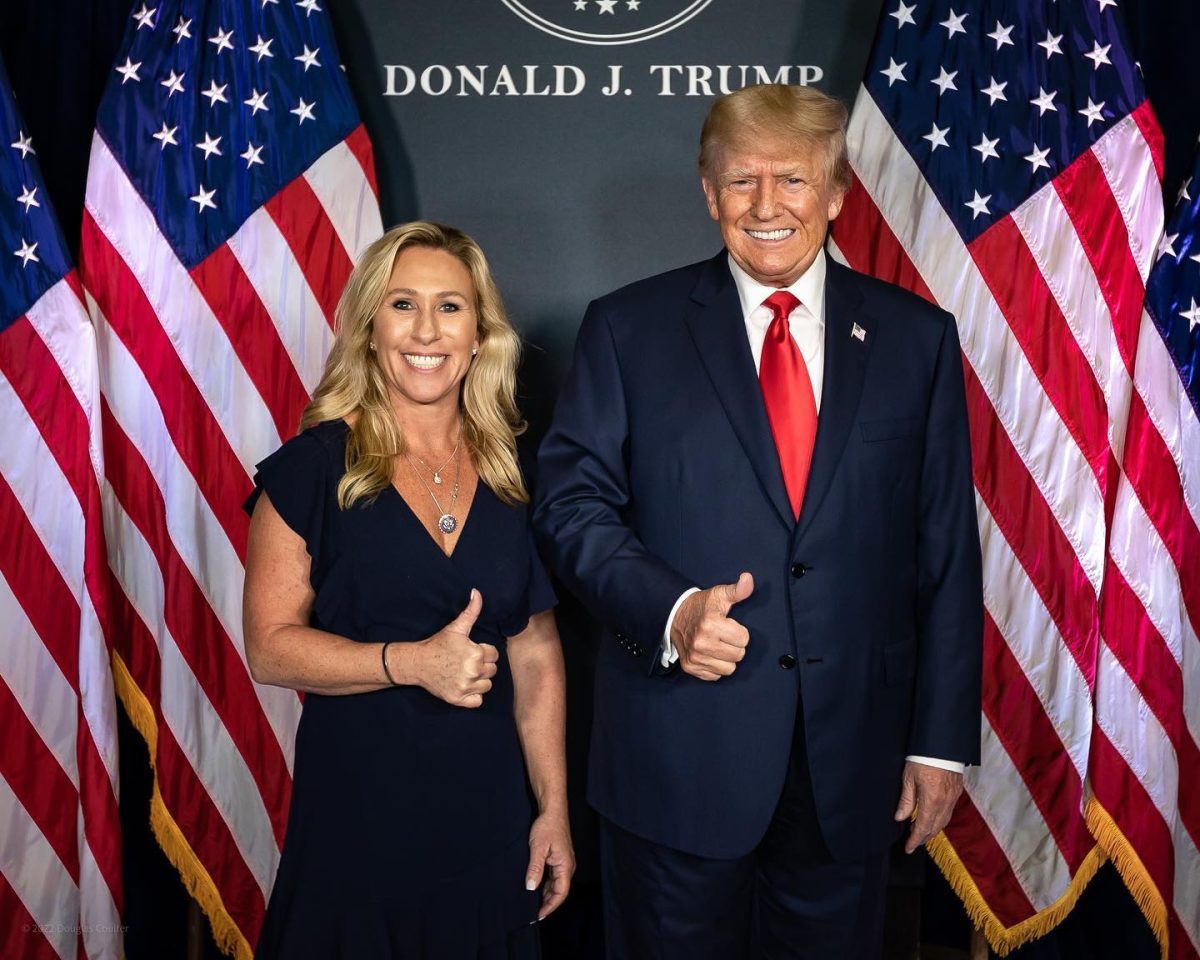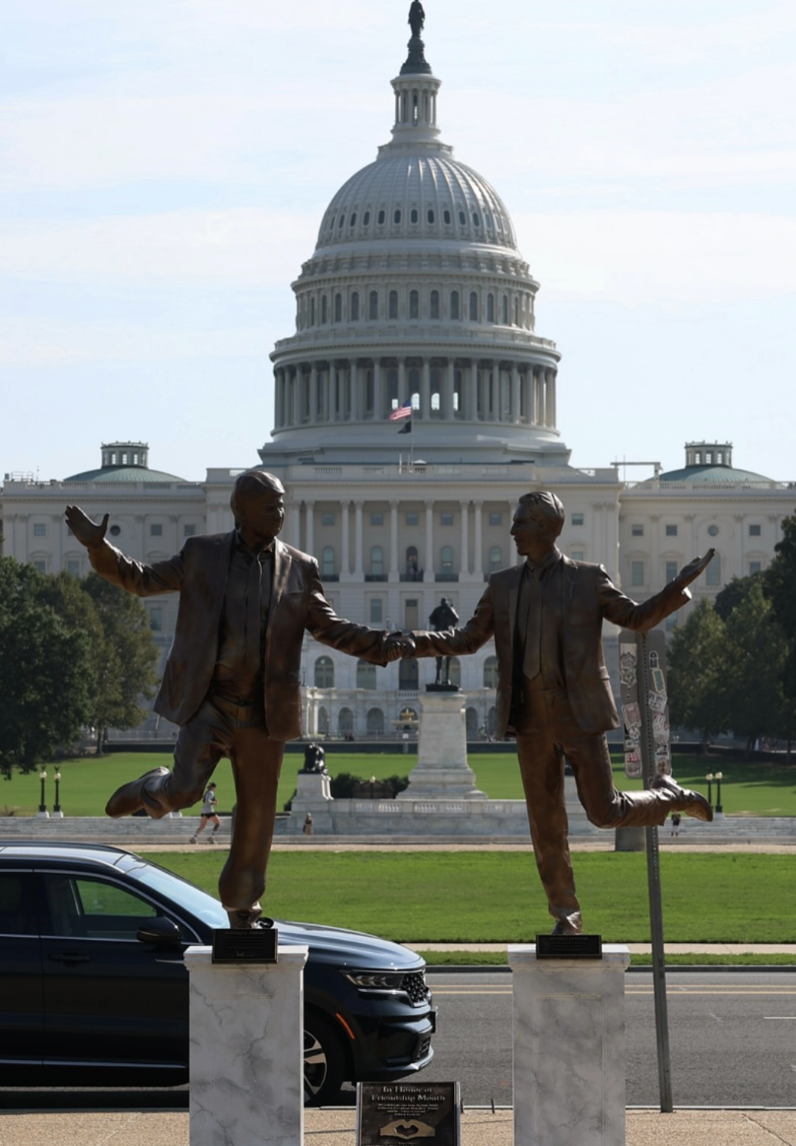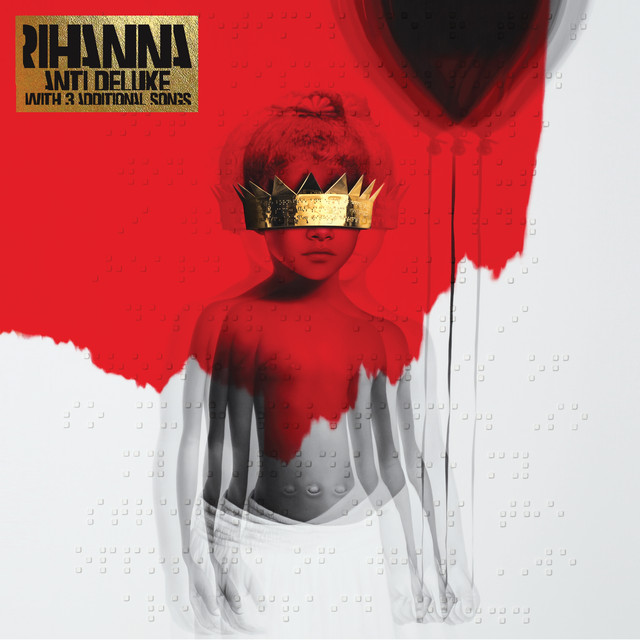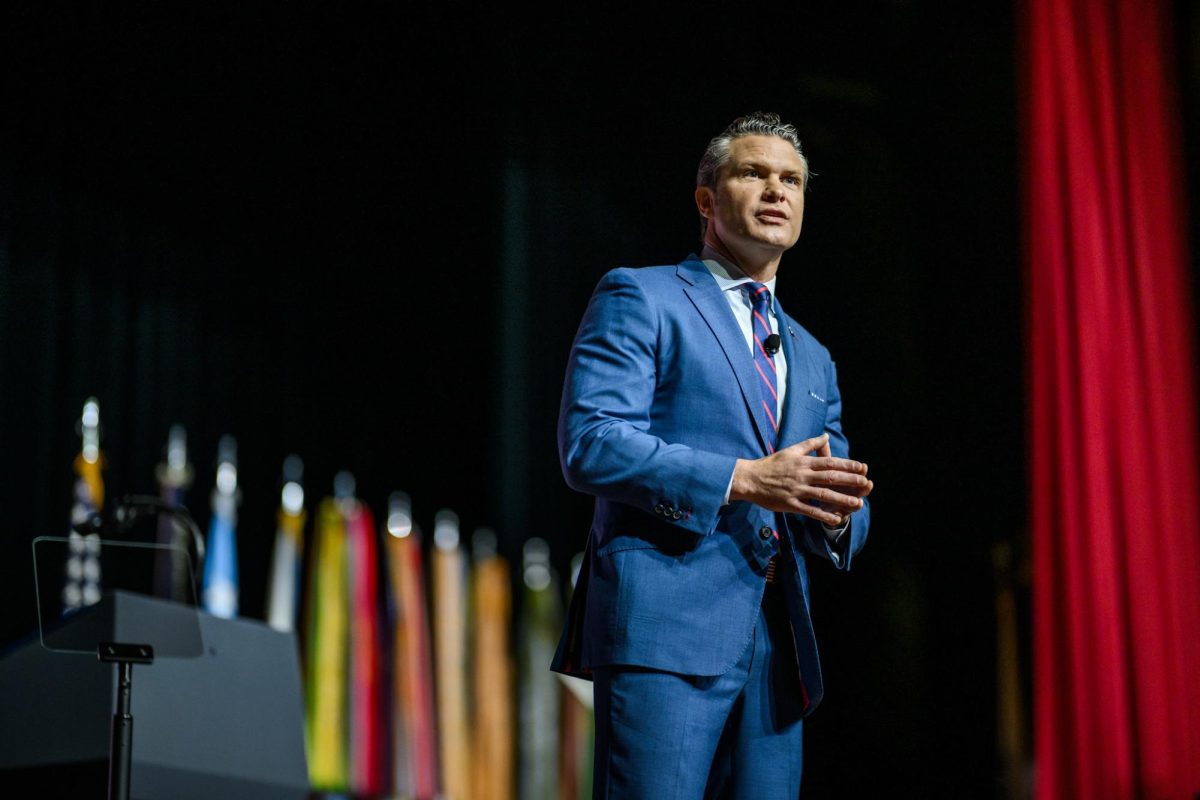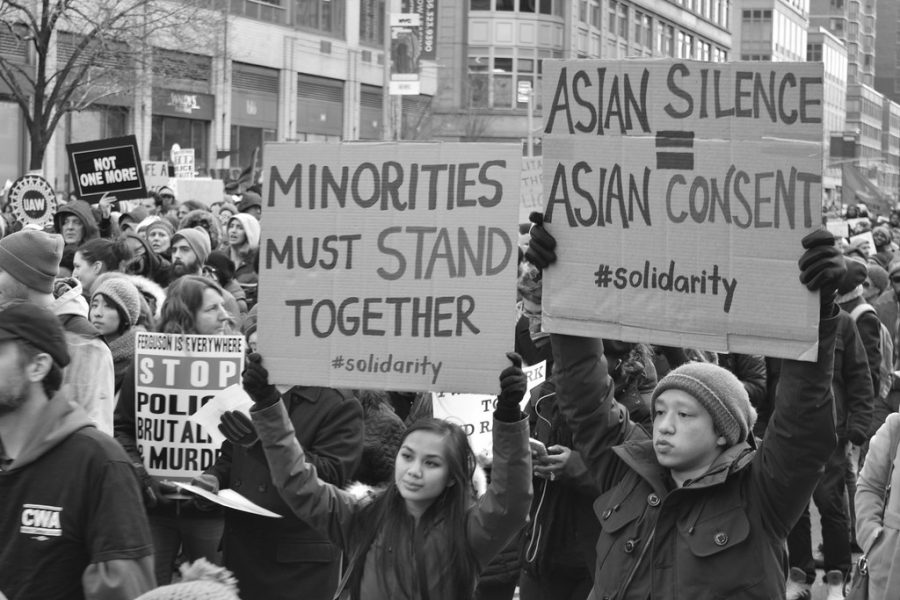The Rise in Anti-Asian Hate Crimes
Photo by Creative Commons
Protestors took to the street to protest Asian hate crimes.
May 4, 2021
Hate crimes targeted towards Asians in the United States increased by almost 150% in the year of 2020, according to NBC News. There is no singular reason why, but one can assume that this is directly linked to the coronavirus (COVID-19).
The first case of COVID-19 was documented in Wuhan, China in December of 2019. As the first case originated in Wuhan, many, including former president Donald Trump, have labeled the Coronavirus as the “Chinese Virus,” which led to a harsh blame of the spread of the Coronavirus on those of the Chinese and Asian community.
Many Asian hate crimes are underreported to the police and the media, which makes them even more unfathomable when they are reported. Asians, especially first generation immigrants, experience an abundance of racism and xenophobia in both small and big cities in the United States.
During the quarantine in 2020, there were a reported 3,800 cases of Asian hate-related crimes. NBC reported that larger cities, such as Los Angeles and New York, experienced these surges in crime percentages, with New York’s rising 833%. Since then, the rise in cases has been on a steady incline.
In late March, a young man killed eight Asian women in the Atlanta area in Georgia. He visited three spas to deliberately find Asian women and murder them. In an interview with the New York Times, Atlanta’s mayor Keisha Lance Bottoms said, “We also know that this is an issue that is happening across the country. It is unacceptable, it is hateful and it has to stop”
Senior Hannah Liu stated that the rise in Asian hate-related crimes is, “a consequence of the COVID-19 pandemic. When people began to realize how big of an impact the virus had on their lives, some became angry and began to search for a scapegoat to release their frustrations on.” In order to discuss this issue, LFA engaged in a community dialogue regarding Anti-Asian hate. Liu feels that it was, “a good source of catharsis for LFA students that are a part of the Asian community.”
Nathan Jung, co-leader of ACU, felt that it was a good opportunity to invite, “people to come and listen to, as well as share, stories and experiences they have had regarding anti-Asian hate or hate in general.” He felt that, “it was quite successful.” He said that, “around 40 people showed up and most spoke up and had something to share with everybody.”
Outside of dialogues, many Asian Americans have taken action by explaining their own experiences and how others can help. Liu shared her story on Instagram with a post entitled my story, my thoughts regarding her experiences as an Asian American during the COVID-19 pandemic.
In her piece, Liu stated that, over her years, she has, “observed subtle micro-aggressions, the model minority myth, and overt xenophobia towards the Asian American community.” In her lifetime, Liu has encountered hurtful rhetoric through phrases such as, “Kung Flu” and “go back to China.” Furthermore, Liu said that, “for years, xenophobic sentiment against the Asian American community has never been talked about in the news” and stressed the importance of news-coverage for Asian American hate-related crimes.
As the frustration and concern grows for the rise in these hate crimes, many social media platforms have been speaking against the hate. However, as Liu puts best, “Posting things on social media isn’t enough. Activism includes having these kinds of conversations with your close ones while also keeping them accountable. If there’s a time to use your voice, it’s now.” And, as Jung said, “in our pursuit to achieve equality, we should not criminalize and victimize a general population as has been done to us. We shouldn’t put down another person’s experiences just because they look different or have had different experiences to us. The instant we do, the hate becomes a cycle that will never end and last longer than it should.”


